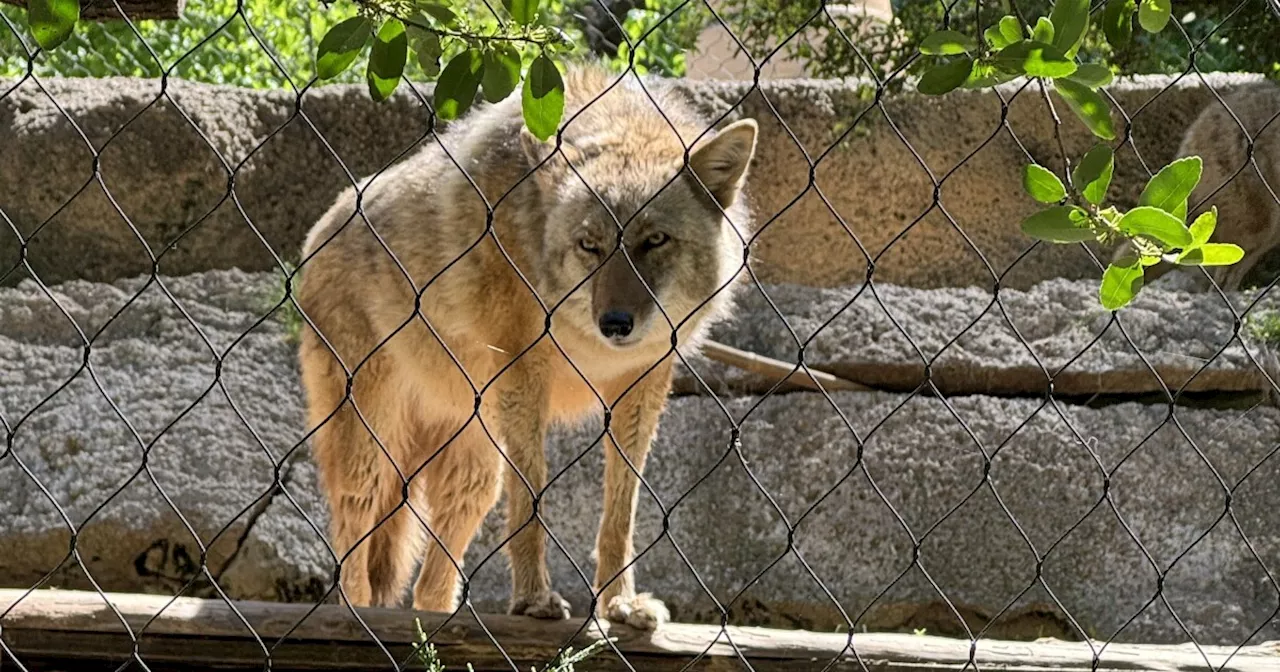After studying various species earlier this month, some scientists now say they understand the origin of animal behavior during solar eclipses.
A coyote at the Fort Worth Zoo is photographed in the hours leading up to the April 8 total solar eclipse.In these challenging times, the need for reliable local reporting has never been greater. Put a value on the impact of our year-round coverage. Help us continue to highlight LA stories, hold the powerful accountable, and amplify community voices. Your support keeps our reporting free for all to use. Stand with us today.
That observation guided this month's study, which involved an array of species including bonobos, owls, coyotes and crocodiles. Hartstone-Rose says the data illuminated a nearly universal reaction across species — one that the team had noticed in 2017, but were able to confirm earlier this month: At the moment of totality, when the sky grew dark, animals began their regular evening routines as if nightfall had officially arrived. For nocturnal animals, this meant heightened activity.
Pierre Chastenay, a Canadian astronomer who helped lead a separate study of 12 species at Zoo de Granby in Quebec, Canada, echoed these findings. He was tasked with observing Japanese macaques, and recalled that at the moment of totality, they bowed their heads and prepared to go to sleep. A few minutes later, they became active again, and began foraging for food, grooming and chatting.
At Zoo de Granby, there were no cheers from visitors at all. The zoo was closed to the public that day, which is typical of weekdays in the off-season. Chastenay says during totality, the animals engaged in normal, instinctive evening behaviors with little interruption. Nocturnal animals were active, and diurnal animals were calm.
"Zoo animals actually have it pretty good compared to their wild brethren," he says."We should be aware of trying to reduce the stress in zoo animals, especially if they are habitually stressed. But allowing animals to become stressed on occasion is actually a very natural state for them."
United States Latest News, United States Headlines
Similar News:You can also read news stories similar to this one that we have collected from other news sources.
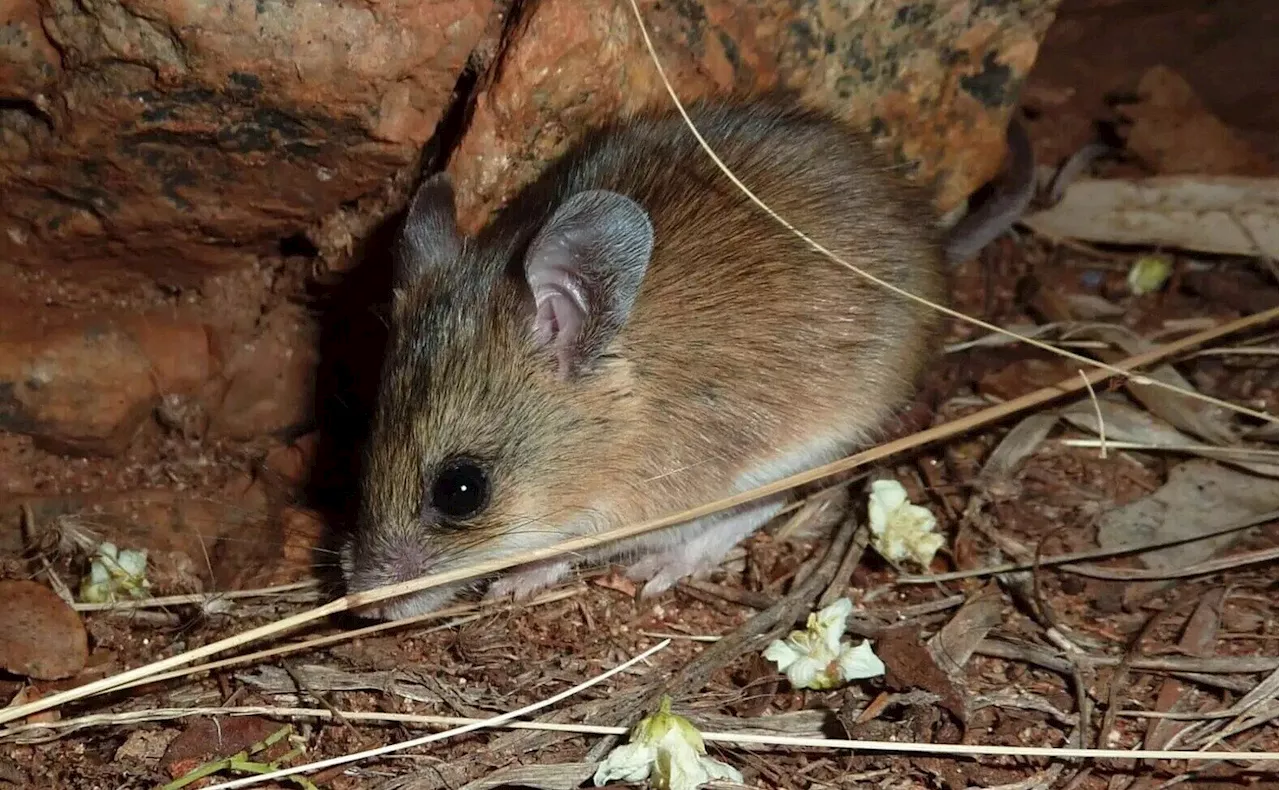 How do Australia's desert animals avoid inbreeding during dry spells?Some Australian desert mammals use distinct strategies to promote evolutionary fitness in response to changing environmental conditions over short timescales, according to a new study.
How do Australia's desert animals avoid inbreeding during dry spells?Some Australian desert mammals use distinct strategies to promote evolutionary fitness in response to changing environmental conditions over short timescales, according to a new study.
Read more »
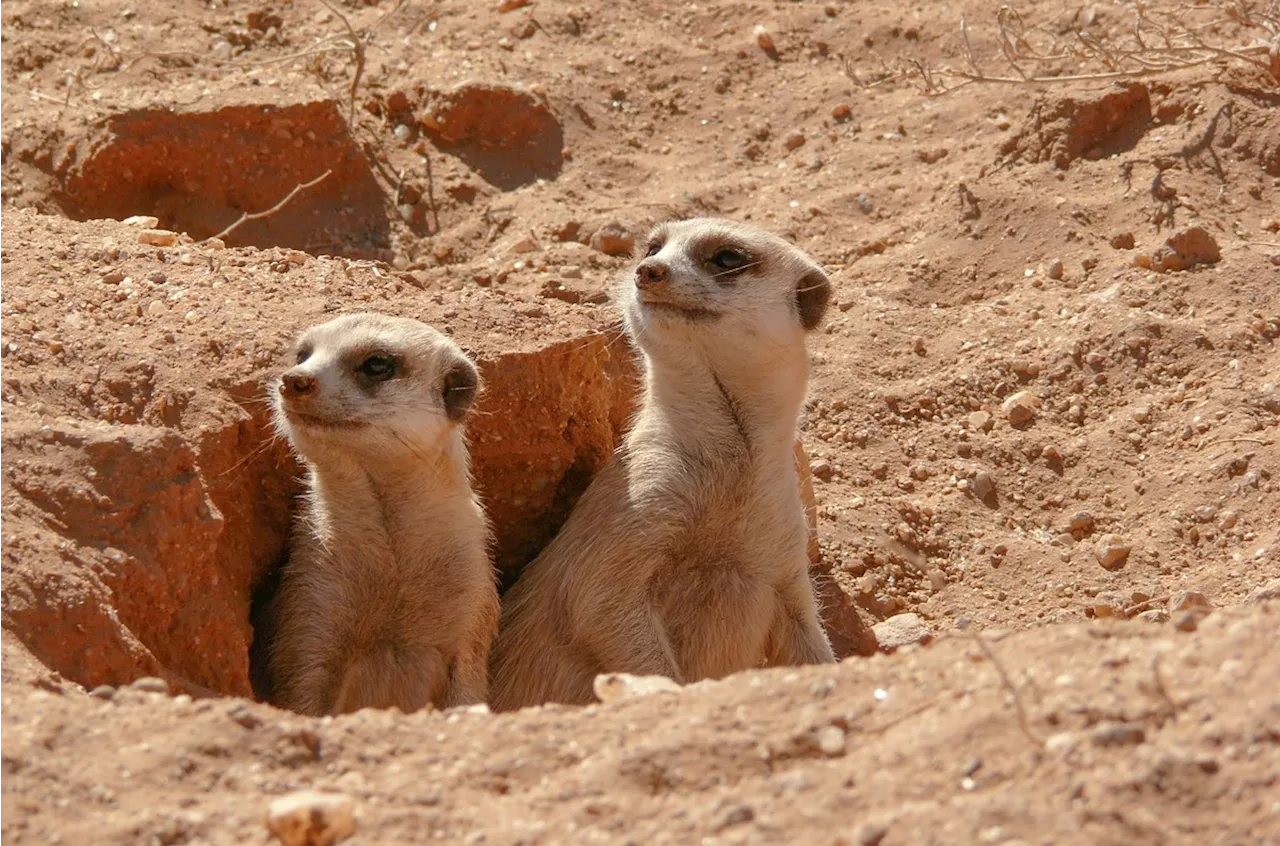 Animals at San Antonio Zoo display strange behavior during Monday's eclipseMeerkats, whooping cranes and flamingos at the San Antonio Zoo all exhibited strange behavior during Monday's total solar eclipse, as seen in a video the attraction shared on X, the social media platform formally known as Twitter.
Animals at San Antonio Zoo display strange behavior during Monday's eclipseMeerkats, whooping cranes and flamingos at the San Antonio Zoo all exhibited strange behavior during Monday's total solar eclipse, as seen in a video the attraction shared on X, the social media platform formally known as Twitter.
Read more »
 Video shows how San Antonio Zoo animals reacted during April 8 solar eclipseThe San Antonio Zoo released some video clips showing how animals reacted during Monday’s solar eclipse.
Video shows how San Antonio Zoo animals reacted during April 8 solar eclipseThe San Antonio Zoo released some video clips showing how animals reacted during Monday’s solar eclipse.
Read more »
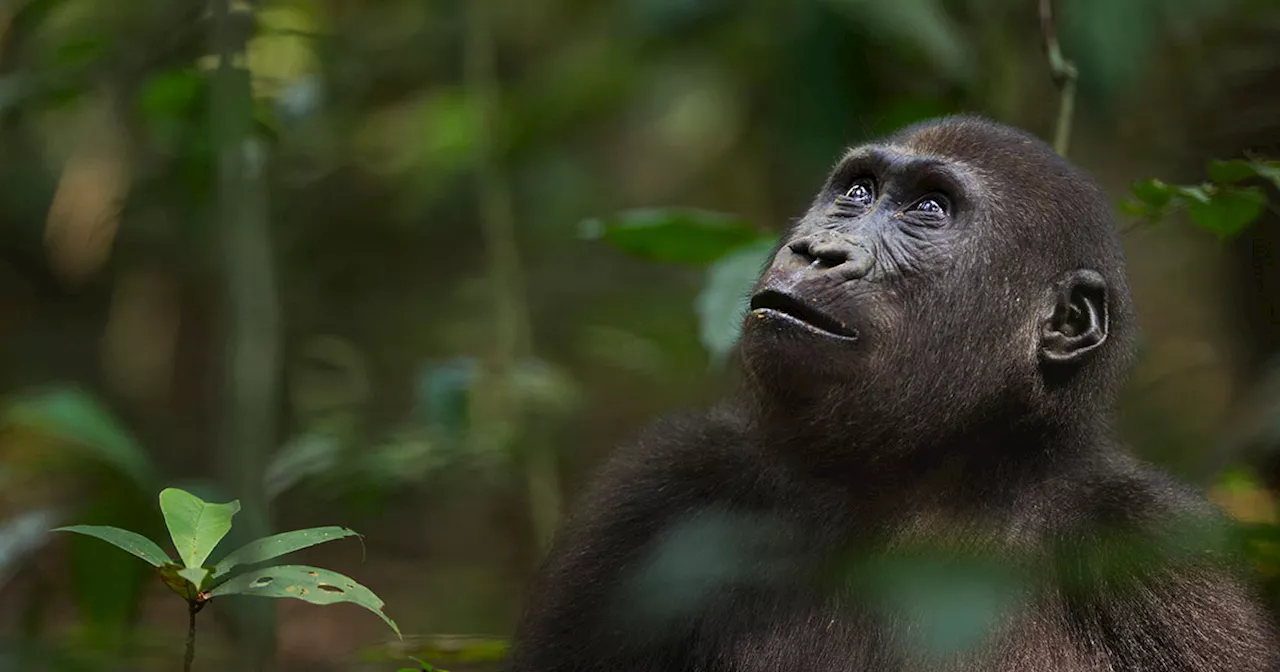 Animals Reacted Strangely During the EclipseScience and Technology News and Videos
Animals Reacted Strangely During the EclipseScience and Technology News and Videos
Read more »
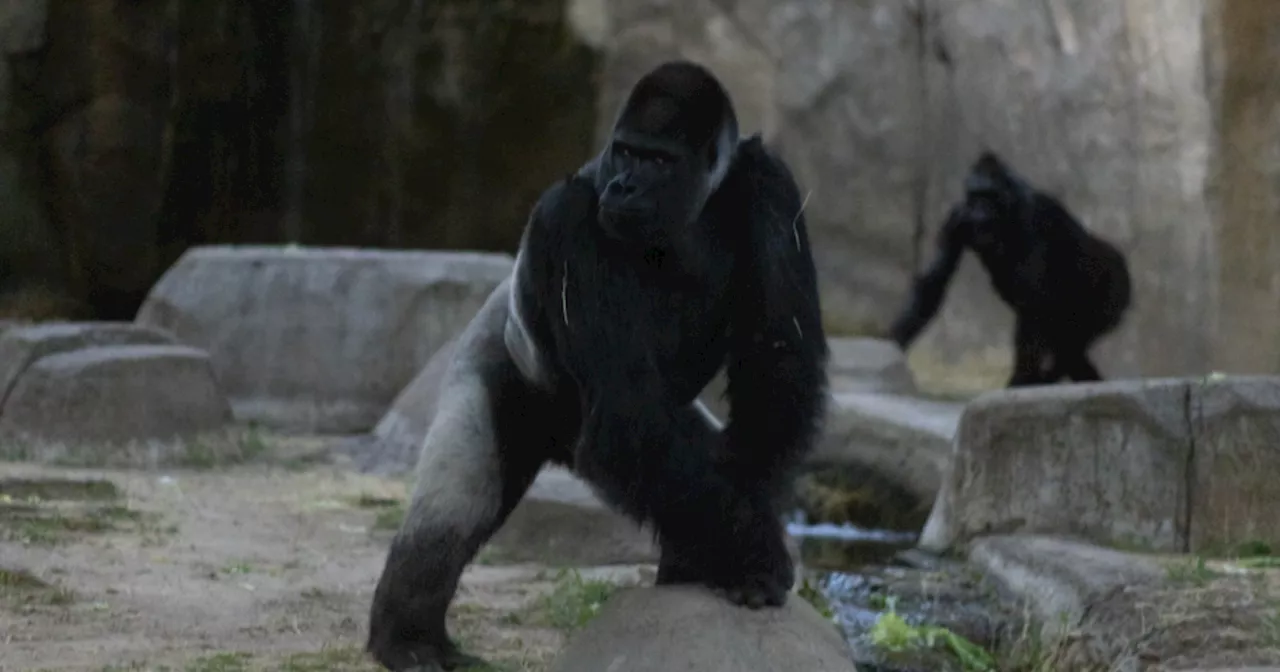 Animals Exhibit Unusual Behavior During Total Solar EclipseScientists and zookeepers observed giraffes, gorillas, lions, macaws, and flamingoes exhibiting unusual behavior during the total solar eclipse. Researchers studied animals at several zoos along the eclipse path of totality, including the Fort Worth Zoo in Texas. While some animals showed signs of vigilance and curiosity, there were no signs of increased anxiety or nervous behaviors.
Animals Exhibit Unusual Behavior During Total Solar EclipseScientists and zookeepers observed giraffes, gorillas, lions, macaws, and flamingoes exhibiting unusual behavior during the total solar eclipse. Researchers studied animals at several zoos along the eclipse path of totality, including the Fort Worth Zoo in Texas. While some animals showed signs of vigilance and curiosity, there were no signs of increased anxiety or nervous behaviors.
Read more »
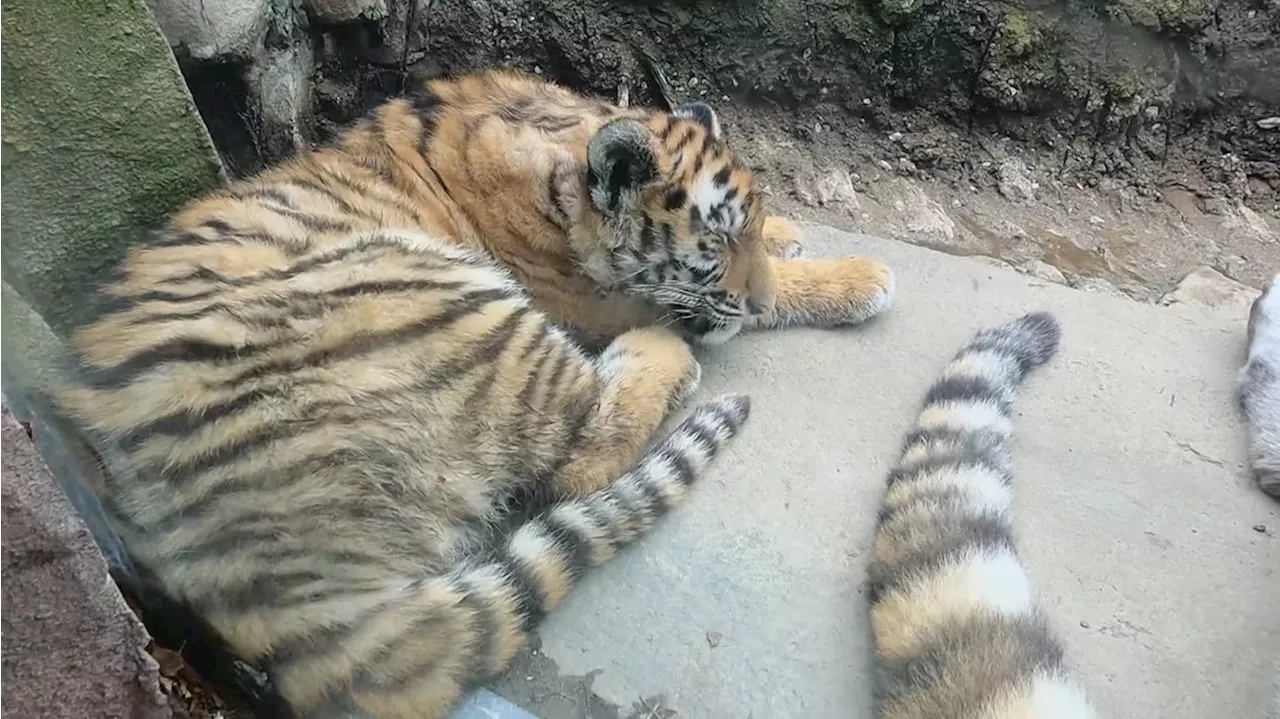 How will zoo animals behave during solar eclipse?3News' Mike Polk Jr. heads to the Cleveland Metro Parks Zoo to find out how wildlife will be affected by the April 8 total solar eclipse.
How will zoo animals behave during solar eclipse?3News' Mike Polk Jr. heads to the Cleveland Metro Parks Zoo to find out how wildlife will be affected by the April 8 total solar eclipse.
Read more »
